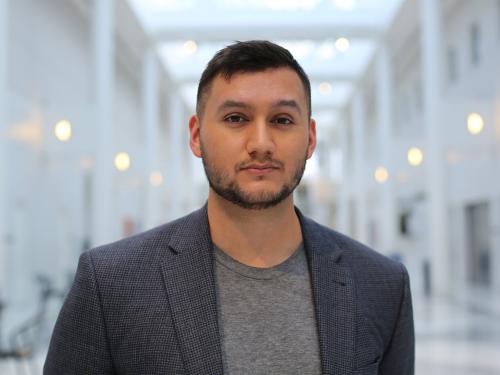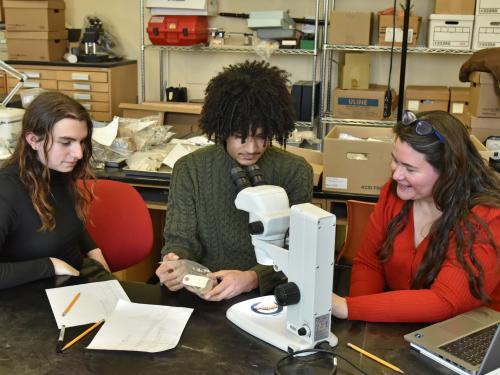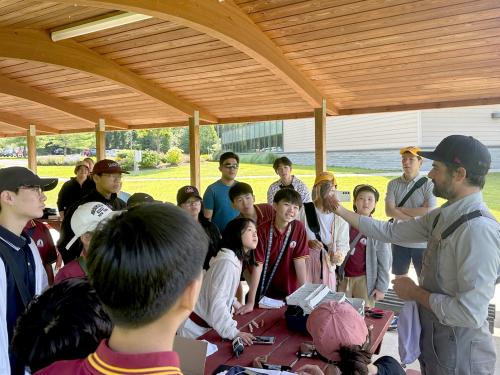In seeking answers to the most basic human questions, anthropologists explore the relationships among the physical, biological, social, technological, symbolic, and moral worlds in which we live.
To do this, they employ an interdisciplinary, four-field approach that includes archaeology, sociocultural anthropology, biological/forensic anthropology, and linguistic anthropology, and which draws on many other disciplines in the sciences (social and natural) and the humanities.
Our program will prepare you to think critically, analyze information, and write effectively about the human experience and history in its broadest sense. Our training provides practical analytical experience on human-based datasets, but is wide enough to include many big issues facing humanity today. It is also an excellent complement to other disciplines, such as economics, history, psychology, biology, public health, sociology, education, sustainability, and linguistics to name just a few.
Student Spotlight: Dorcas Afolayan
Dorcas Afolayan, a dual major in anthropology and global studies from Richmond, Virginia, talks about what interested her in how humans work, her studies abroad, interaction with faculty and more.


